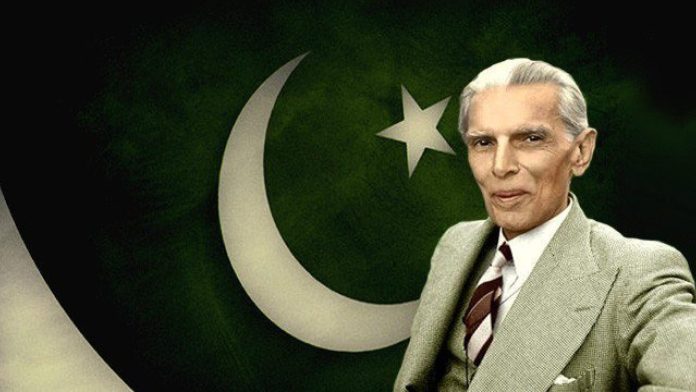Pakistan commemorates the 147th birth anniversary of its revered founder, Quaid-i-Azam Mohammad Ali Jinnah, with a fervor that reflects the nation’s deep respect for the visionary leader.
As the country observes a public holiday, various state-level activities are underway to shed light on Jinnah’s enduring political legacy and the guiding principles he bequeathed: unity, faith, and discipline.
The day commenced with special prayers resonating across the nation, seeking divine blessings for the security, progress, and prosperity of Pakistan. A poignant change of guards ceremony at Jinnah’s mausoleum in Karachi, a ritual repeated annually, underscores the solemnity of the occasion.
Quaid-e-Azam Muhammad Ali Jinnah, born on December 25, 1876, into a prosperous family in Karachi, stands as the founding father of Pakistan.
His multifaceted persona encompassed roles as a distinguished lawyer, seasoned politician, and visionary statesman. More than anything, Jinnah is revered as the architect of Pakistan, guiding the nation through its tumultuous journey to independence in 1947.
Jinnah’s leadership was marked by his pivotal role in the All-India Muslim League from 1913 to the historic day of Pakistan’s liberation. Early on, he sought Hindu-Muslim unity, culminating in the 1916 Lucknow Pact and active involvement in the All India Home Rule League.
However, his vision evolved, embracing the Two-Nation Theory, advocating for a separate Muslim state, as articulated in the Lahore Resolution.
His unwavering dedication was evident in the visionary fourteen-point constitutional reform plan, aimed at safeguarding the political rights of Muslims within a self-governing India. The Muslim League’s triumph in the 1946 elections underscored the resonance of his ideas.
In the face of the Cabinet Mission Plan’s failure, Jinnah’s decisive call for Direct Action Day unfortunately sparked communal violence. This impasse between the Indian National Congress and the Muslim League ultimately led to the historic decision for the independence of both Pakistan and India in 1947.
As Pakistan’s inaugural Governor-General, Jinnah faced the Herculean task of laying the foundations of the nascent state, formulating national policies, and overseeing the rehabilitation of millions of Muslim refugees. His passing in September 1948, a mere year after Pakistan’s liberation, marked the conclusion of a remarkable life dedicated to the pursuit of his vision.
Jinnah’s legacy endures as a source of profound reverence in Pakistan. Even across borders, opinions about him in India vary. In the words of his biographer, Stanley Wolpert, Muhammad Ali Jinnah remains undeniably Pakistan’s greatest leader—a guiding force who secured a distinct and cherished place in history.
The principles of unity, faith, and discipline, advocated by Jinnah, continue to be celebrated on this anniversary, reinforcing their significance in shaping Pakistan’s identity.


